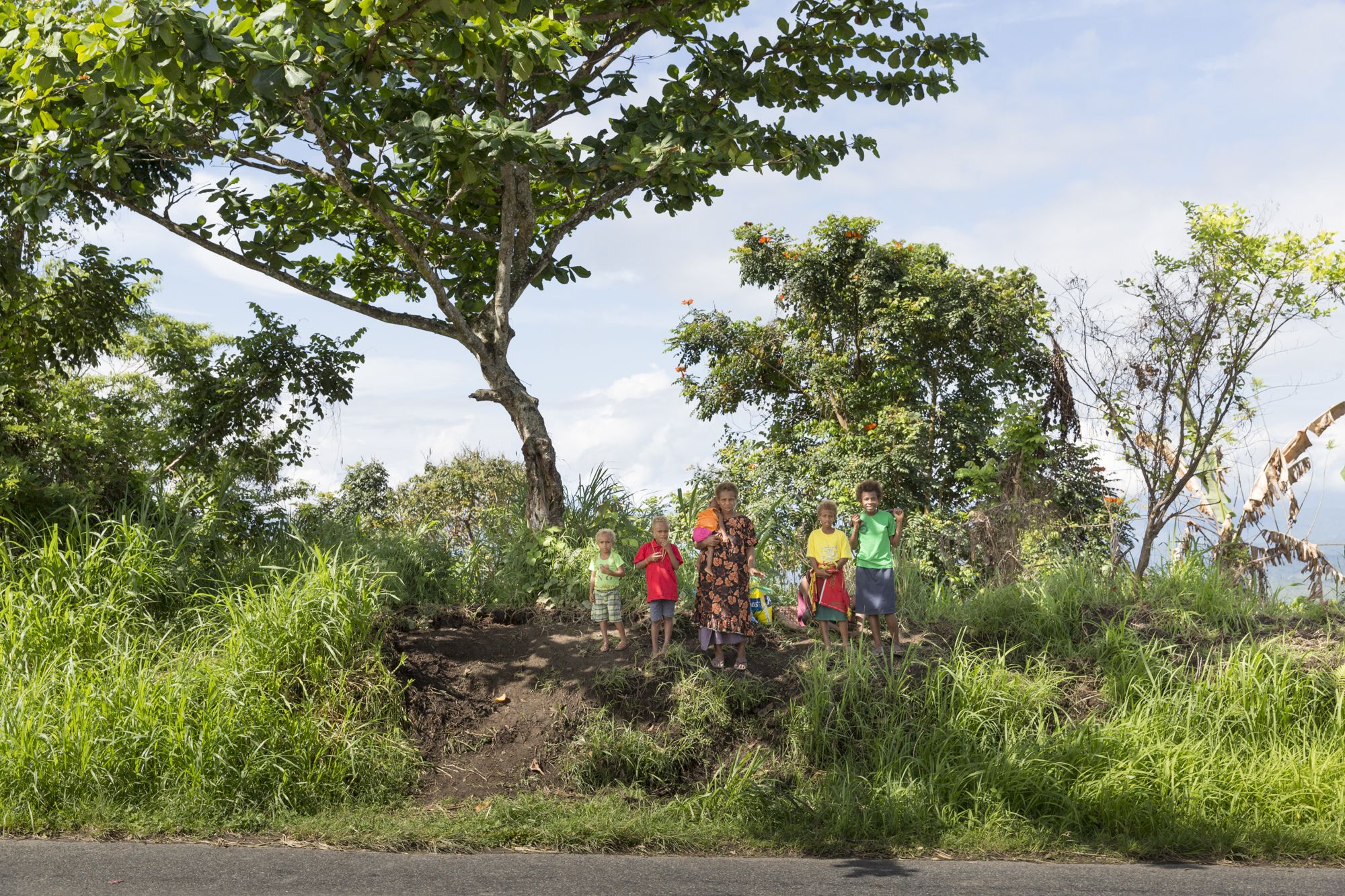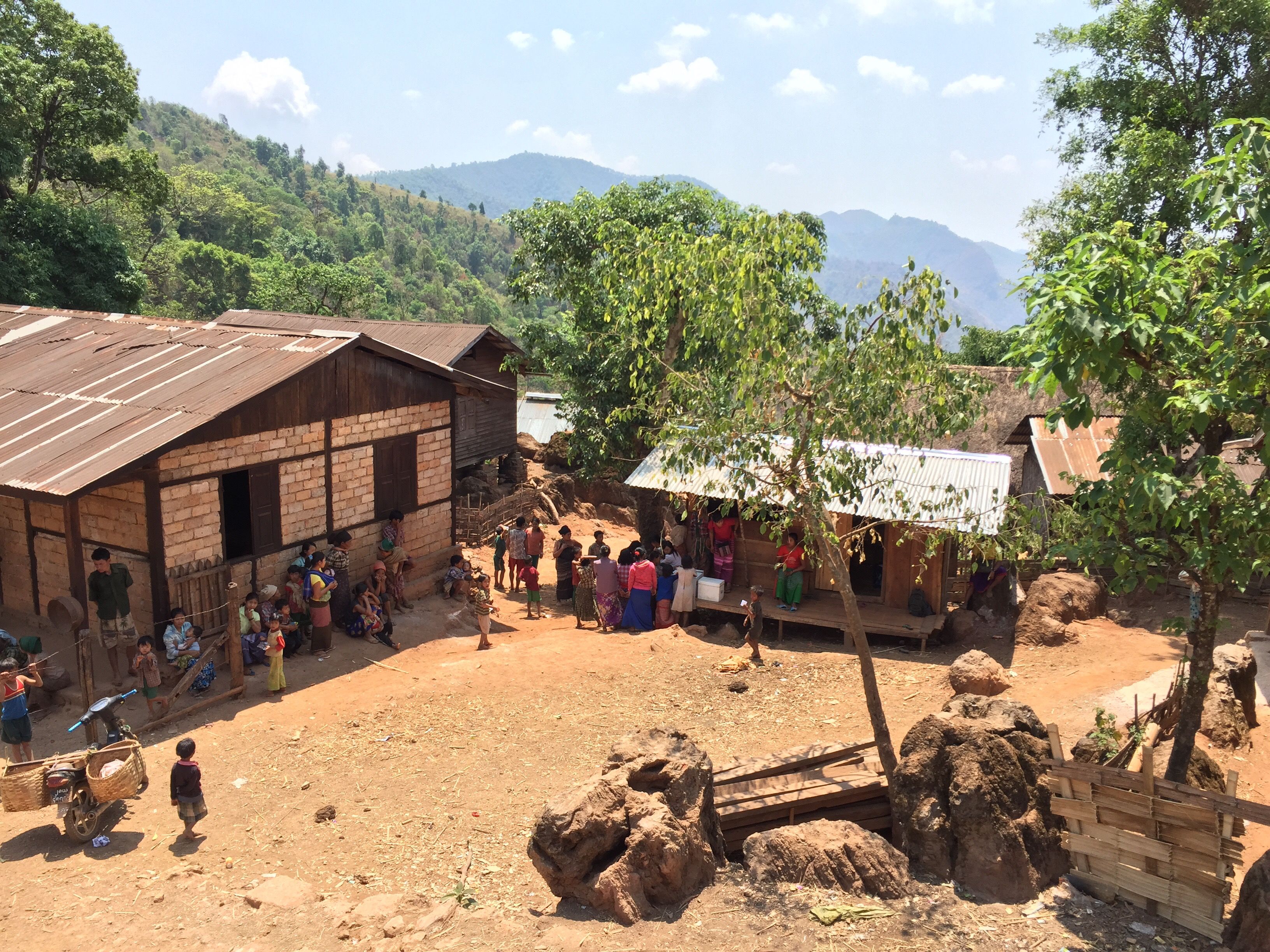Burnet
Vaccine
Initiative

Burnet
Vaccine
Initiative
Equitable access to quality, affordable and effective vaccines against current and future infectious disease pandemics.

News
Exciting technology opens the door to new treatments for cancer and infectious diseases
Burnet Institute has entered into a Research Licence and Option Agreement with biopharma company argenx for a ground-breaking technology able to transform the way we approach cancer, inflammation and infectious disease treatment.
Stellabody® is simple technology that supercharges monoclonal antibodies and antibody-like drugs, which can be tailored to suit a remarkably broad range of disease targets and applications.

New vaccines are
urgently needed
For over 30 years, Burnet Institute has been researching some of the most prevalent and impactful pandemic infectious diseases including hepatitis C (HCV), HIV and malaria, and more recently COVID-19.

Over 340 million infections and 5.5 million deaths have been estimated for SARS-CoV-2, whereas for HCV and HIV, 96 million current infections have been estimated, each virus causing 1.5 million new infections and 1 million deaths per year, mostly in low-income countries.
In 2020 during the first year of the global pandemic, there were an estimated 241 million cases of malaria, and 630,000 deaths, increasing since 2019, impacting the Asia-Pacific region where Papua New Guinea (PNG) has the highest burden per capita.
There is an urgent need to tackle each of these pandemic pathogens with novel antigens and strategies to achieve high lasting vaccine protection and to overcome the potential for immune evasion or suppression.
“When the world looked to science to address the pandemic threat of COVID-19, the success of mRNA and other COVID-19 vaccine platforms undoubtedly saved tens of millions of lives. We are excited that the mRNA technology may also help solve the quest to find game-changing, high-efficacy malaria and hepatitis C vaccines, as well as improved vaccines for the SARS-CoV-2 virus.”


The Burnet Vaccine Initiative brings together Burnet Institute leading experts in infectious diseases and vaccine design. Led by Principal Investigator, Professor Heidi Drummer working with Dr Andy Poumbourios and Professor James Beeson, the team has over 20 years of expertise in vaccine candidate discovery and optimisation.
The scientific team is supported by a Board of advisors with industry, regulatory and clinical expertise, and the Burnet Commercialisation and Research Translation team led by Jennifer Barnes, are focused on the development of novel next generation vaccines that can be accelerated to the market and delivered to those most in need.
The recent development of highly effective mRNA vaccine technology provides an opportunity to develop new vaccines to the most difficult diseases, including HCV and malaria, which are faster to develop and lower cost to produce.
Our Expertise
Burnet has long standing expertise in the development of novel vaccines.
By understanding the mechanisms of infectious diseases, including how viruses and malaria enter cells and the types of immune responses that are triggered post infection, our researchers have developed a portfolio of novel rationally designed vaccine antigens across COVID-19, HCV and malaria.

Through our understanding of viral and malaria parasite structural biology and the use of novel antigenicity and immunogenicity assays we have selected the most promising vaccine candidates that have been validated and optimised in various delivery platforms including traditional protein, adenovirus and virus-like particle (VLP) systems in preclinical models.
Our scope of research from the laboratory to communities also provides our researchers a unique perspective on how these diseases effect Australian communities and those in low and middle-income countries. Links in these countries enable Burnet to support clinical and implementation studies in the future.
Latest Publications
“The Burnet Vaccine Initiative (BVI) was formed to accelerate the Institute’s discovery science –
a unique portfolio of carefully selected, evidence-based and rationally engineered antigens that have been designed to generate broad immunity known to be protective in humans."
Our Purpose
The Burnet Vaccine Initiative(BVI) is developing a pipeline of novel mRNA vaccines against diseases such as malaria and
hepatitis C, as well as second generation mRNA vaccines against COVID-19 and other coronaviruses.

Awarded a AUD$3 million from the Victorian Government’s mRNA Victoria Activation Program (Oct 2022), BVI is well placed to accelerate the development of next generation mRNA vaccines.
This boost allows for a new collaboration with the Monash Institute of Pharmaceutical Sciences (MIPS) exploring methods to combine multiple antigens to either target multiple stages of infection of induce multi-functional activities in the immune system.
Over the next 3 years, the focus will be the development of new vaccines across 4 distinct streams.
Streams 1, 2 and 3 will progress the development of mRNA versions of Burnet vaccine candidates for COVID-19, Hepatitis C and Malaria, respectively. These vaccine candidates have been validated at the pre-clinical level in conventional delivery formats such as protein vaccines and adenovirus vectors and now will be tested using Moderna’s proprietary mrNA delivery technology.
In Stream 4, we will progress novel vaccine candidates together with Professor Colin Pouton at the Monash Institute of Pharmaceutical Sciences. This discovery stream represents a pathway for early development of next generation vaccines and new technologies that can be adapted to the mRNA platform.
Our Partners
Through BVI we are partnering with Moderna and Monash Institute of Pharmaceutical Sciences (MIPS) - global pioneers of mRNA therapeutic and vaccine technology.

Burnet Institute is partnering with world-leading mRNA vaccine manufacturer Moderna, through their cutting-edge mRNA Access program, to develop novel mRNA vaccines for a range of emerging and neglected infectious diseases aimed at improving the health of communities globally.
Burnet’s Vaccine Initiative (BVI) research team will provide vaccine antigens to be modified and optimised by Moderna and returned to the Institute as mRNA candidates ready to test in pre-clinical models. Should the results prove promising Moderna will consider extending the partnership to help progress these candidates through clinical trials.
Monash Institute of Pharmaceutical Sciences (MIPS) is a dynamic, innovative and ambitious research institute, comprising over 400 scientists engaged in research in drug discovery, design, delivery and use.
MIPS is committed to research translation and has made major contributions to collaborative drug discovery programs that have progressed more than 30 novel drug candidates into clinical development.
Excitingly, MIPS is responsible for the development of Australia’s mRNA COVID-19 vaccine candidate, along with the establishment of a Neuromedicines Discovery Centre.
We recognise that Burnet’s mission and objectives, to provide equitable access to life-saving health products and services to all, are in alignment with those of Moderna.
I am impressed with Burnet’s scope of research, reaching from the laboratory and into the field, and look forward to working with Burnet to accelerate the development of their novel candidates.”
Contacts
Professor Heidi Drummer
Scientific Director for Research Translation; Principal Investigator, Burnet Vaccine Initiative
heidi.drummer@burnet.edu.au
Jennifer Barnes
Director, Commercialisation and Research Translation
jennifer.barnes@burnet.edu.au
The Burnet Vaccine Initiative (BVI) is an initiative bringing together expert in vaccine discovery and development. The Commercialisation and Research Translation (CRT) team supports the BVI with commercial and research translation expertise.




